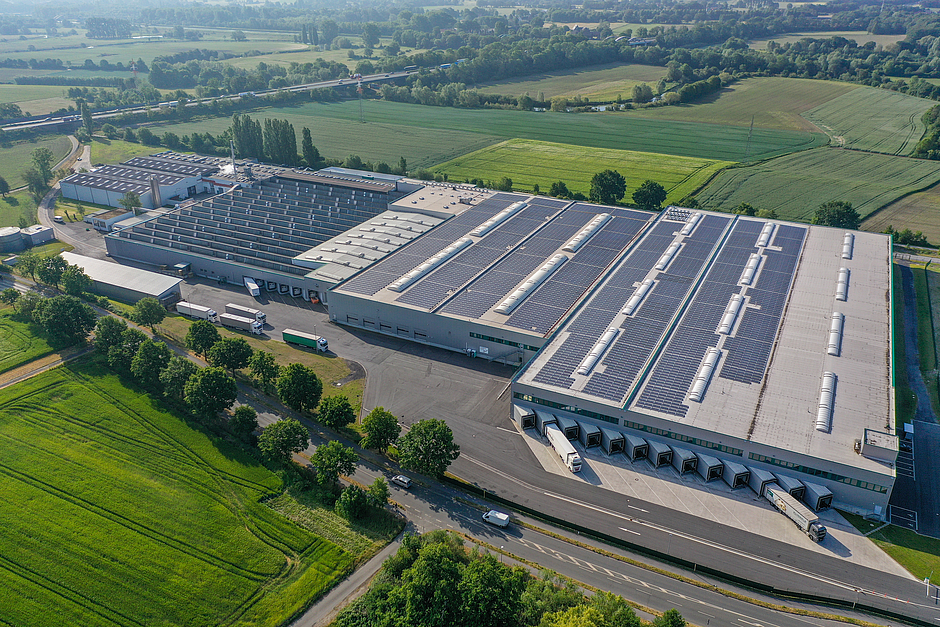
Jetzt zum Newsletter "Packendes" anmelden!
* Pflichtfelder
Diese Angaben sind zur Anmeldung zum Newsletter "Packendes" notwendig.

Klingele plans to introduce a Kyoto Group Heatcube at its Werne site
Remshalden, Germany, 22.12.2023 – The Klingele Paper & Packaging Group is consistently pursuing its path as an environmentally friendly company in the paper and corrugated board industry. The company signed a term sheet with the Kyoto Group, a pioneer in the field of heat storage technology, for the implementation of a Heatcube at the Werne site. Klingele is thus an innovation driver in the industry and sets new standards with its investment in molten salt thermal energy storage technology.
Klingele has long been focussing on renewable energy generation in order to steadily reduce its CO2 emissions. The plan is to achieve this by utilising off-grid wind and solar energy, supported by the use of the Kyoto Group's molten salt thermal energy storage technology at the corrugated cardboard plant in Werne.
The Heatcube enables Klingele to store surplus electricity and reuse it later for production if required. The AI-controlled backend integration of the Heatcube also ensures state-of-the-art preventive maintenance.

The signing of the term sheet sets out the project and payment terms for the engineering study starting in January 2024 and the intended purchase agreement for the Heatcube, which the cooperation partners will sign by April 2024.
Dr Jan Klingele, Managing Partner of the Klingele Paper & Packaging Group, emphasises: "As a pioneer in sustainability, we have been focussing on regenerative and resource-saving processes in the production of our corrugated board paper and packaging for years. However, we also continuously invest in technologies and innovations that enable us to make our energy generation and energy consumption even more environmentally friendly. We are therefore pleased about the joint project with the Kyoto Group, as this further milestone in our strategy for the use of renewable energy will enable us to continue to meet the sustainable service provider requirements of our customers in the future."
 |
Klingele intends to use the Heatcube to replace the natural gas supply at the Werne site. It is equipped with 10 MW charge capacity, 48 MWh of storage capacity and 7 MW discharge capacity, offering an annual capacity of more than 15 GWh. It will be powered by independently generated electricity, which will enable an annual CO2 reduction of more than 3,400 tonnes in order to decarbonise the heating requirements at the Werne site in the best possible way.
The contracting parties intend to sign the purchase agreement by April 2024 and then install the Heatcube within around twelve months.


